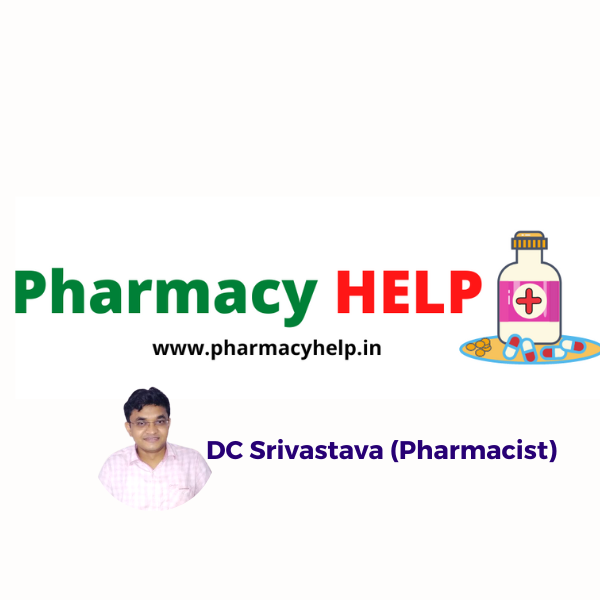Medicine For Age-related macular degeneration (AMD)
- Bevacizumab (Avastin)
- Ranibizumab (Lucentis)
- Aflibercept (Eylea)
There’s currently no treatment for early AMD. But Some Medications, such as Avastin, Eylea, Lucentis, and Macugen help macular degeneration (AMD).
Everything You should know
Toggle
Medications for Age-Related Macular Degeneration (AMD): Navigating Vision Health
Age-Related Macular Degeneration (AMD) is a widespread eye condition that primarily affects elderly individuals, leading to the gradual deterioration of central vision. As this condition progresses, it can significantly impede daily activities such as reading and facial recognition. In this article, we will explore the underlying causes, symptoms, available medications, and treatment strategies for Age-Related Macular Degeneration.
Understanding Age-Related Macular Degeneration
AMD is a degenerative eye disease that specifically targets the macula—a small region in the center of the retina responsible for intricate central vision. As the macula deteriorates, central vision becomes distorted or blurry.
Causes and Risk Factors
The precise causes of AMD remain elusive, but several risk factors contribute to its development, including genetics, age, smoking, and a diet lacking in antioxidants and essential nutrients.
Symptoms of AMD
AMD manifests with various symptoms, including:
- Blurry Vision: Objects appearing less sharp and clear.
- Distorted Vision: Straight lines appearing curved or wavy.
- Dark or Blank Spots: Empty spaces in the central visual field.
- Low Light Challenges: Difficulties adapting to dim lighting.
Types of AMD
AMD is categorized into two primary types:
Dry AMD:
This form involves the gradual breakdown of light-sensitive cells in the macula. It is the more prevalent type of AMD and tends to progress slowly.
Wet AMD:
Although less common, wet AMD is more severe. It entails the growth of abnormal blood vessels beneath the macula, leading to fluid and blood leakage. This type of AMD progresses rapidly and can cause sudden vision loss.
Medications for AMD
While medications cannot offer a cure for AMD, certain treatments aim to slow its progression and manage its symptoms:
Anti-VEGF Injections:
For wet AMD, injections of anti-VEGF (Vascular Endothelial Growth Factor) medications are administered into the eye. These medications help inhibit the growth of abnormal blood vessels and reduce leakage, thus preserving vision.
Vitamin Supplements:
Specific vitamin and mineral supplements, such as high-dose antioxidants and zinc, have demonstrated the potential to slow the advancement of intermediate to advanced dry AMD.
Lifestyle Adjustments
In addition to medications, specific lifestyle changes can contribute to maintaining optimal vision health:
- Nutrient-Rich Diet: Consuming a diet rich in antioxidants, omega-3 fatty acids, and essential nutrients can support overall eye health.
- Smoking Cessation: Quitting smoking can lower the risk of AMD progression.
- Regular Eye Examinations: Routine eye check-ups facilitate early detection and timely intervention.
Vision Aids and Rehabilitation
For individuals dealing with advanced AMD and substantial vision loss, vision aids such as magnifiers, telescopic lenses, and assistive technologies can enhance daily activities.
Ongoing Research
Continuous medical research endeavors seek to uncover new medications and treatment avenues to enhance outcomes for those affected by AMD. Staying informed about the latest developments is crucial.
Conclusion
Age-Related Macular Degeneration stands as a significant concern, profoundly affecting the quality of life by impairing central vision. Although a definitive cure remains elusive, medications like anti-VEGF injections and proactive lifestyle adjustments can notably decelerate disease progression and alleviate its impact. Early detection through regular eye examinations and vigilant management are essential in safeguarding vision health as individuals age.

